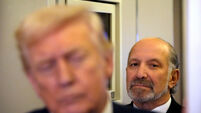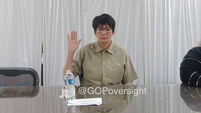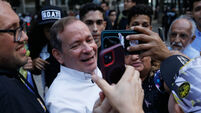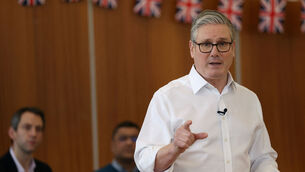G20 summit in South Africa ends without traditional handover amid US boycott
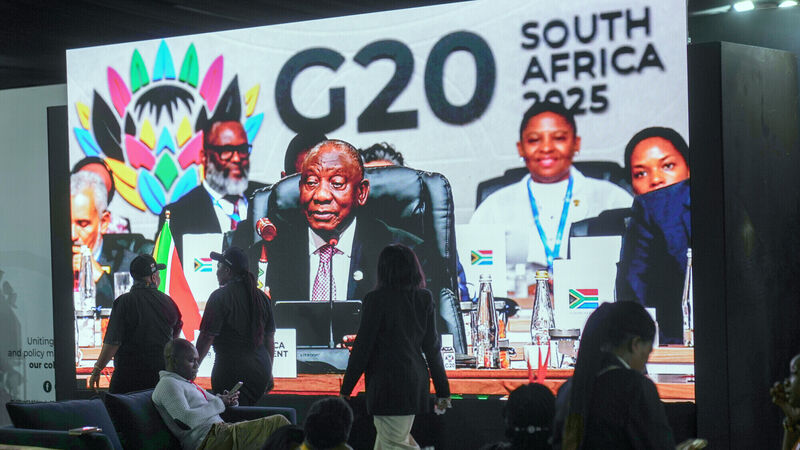
The G20 in South Africa has ended with the glaring absence of the United States – the next country to lead the bloc – after the Trump administration boycotted the two days of talks involving leaders of the world’s richest and top developing economies.
South African President Cyril Ramaphosa declared the summit in Johannesburg closed on Sunday by banging a wooden gavel on a block, in a G20 tradition. The gavel would normally be handed over to the leader of the next country to hold the rotating presidency, but no US official was there to receive it.




